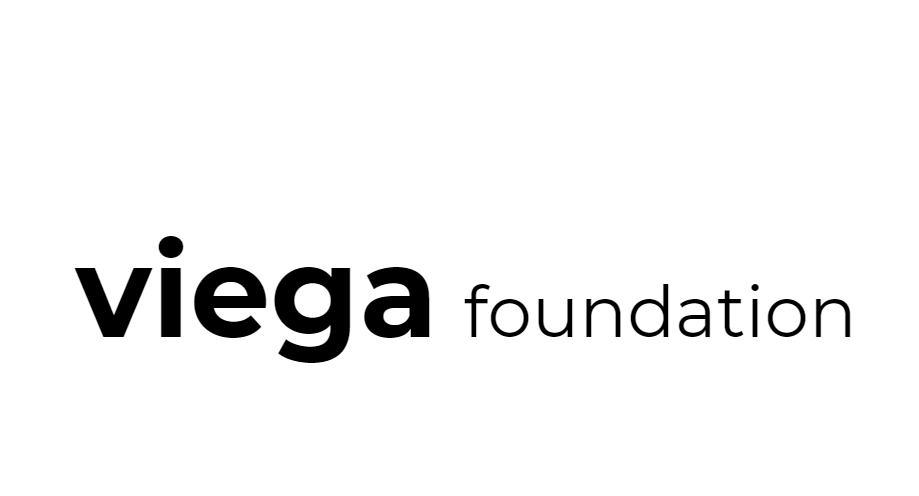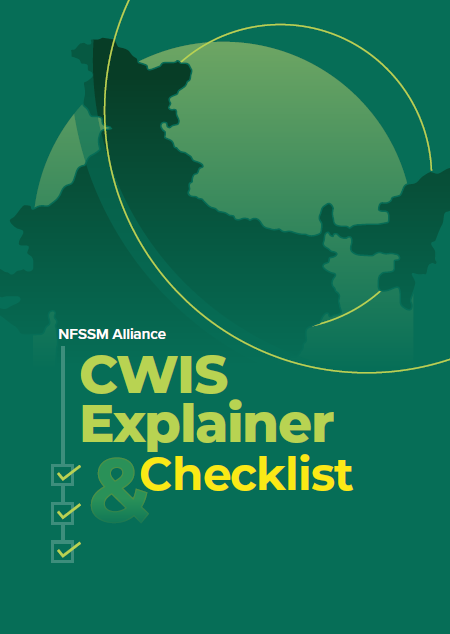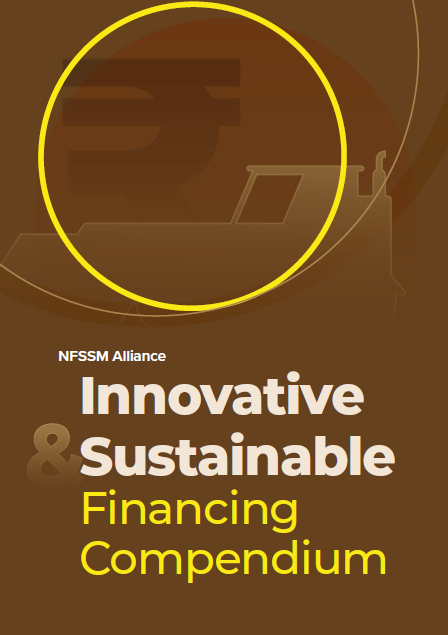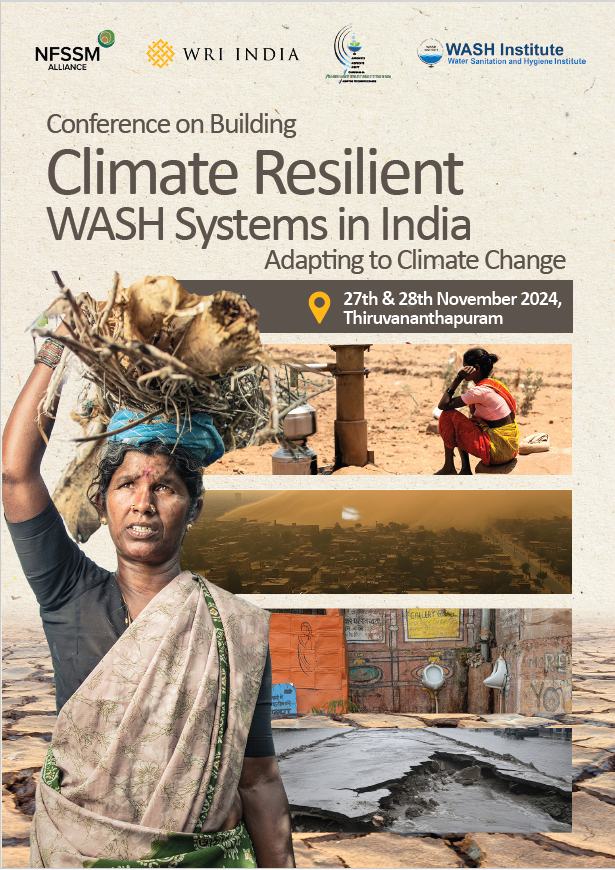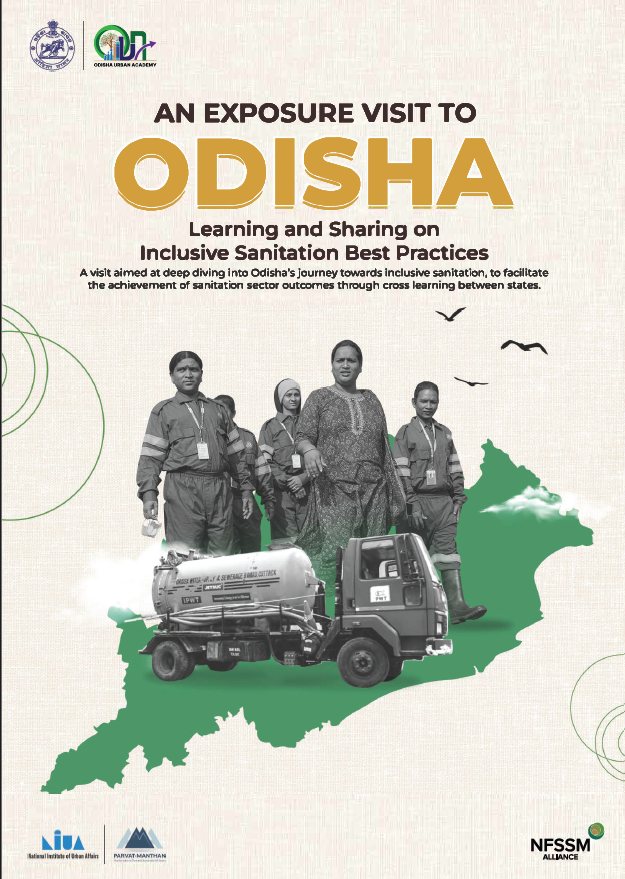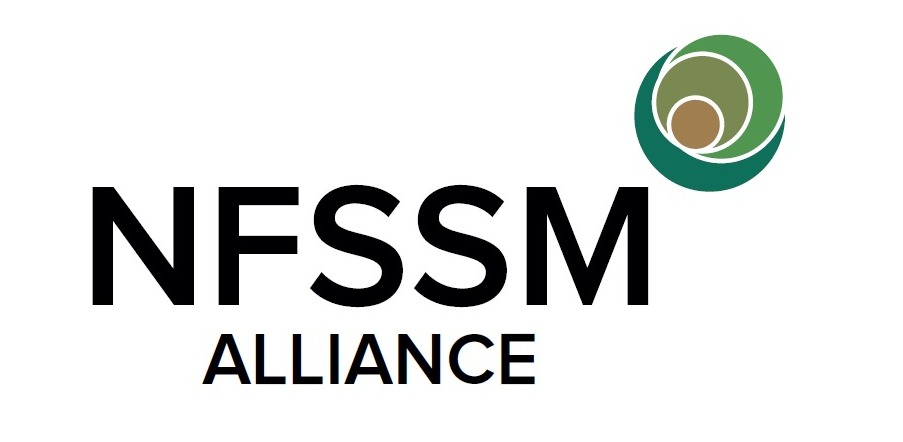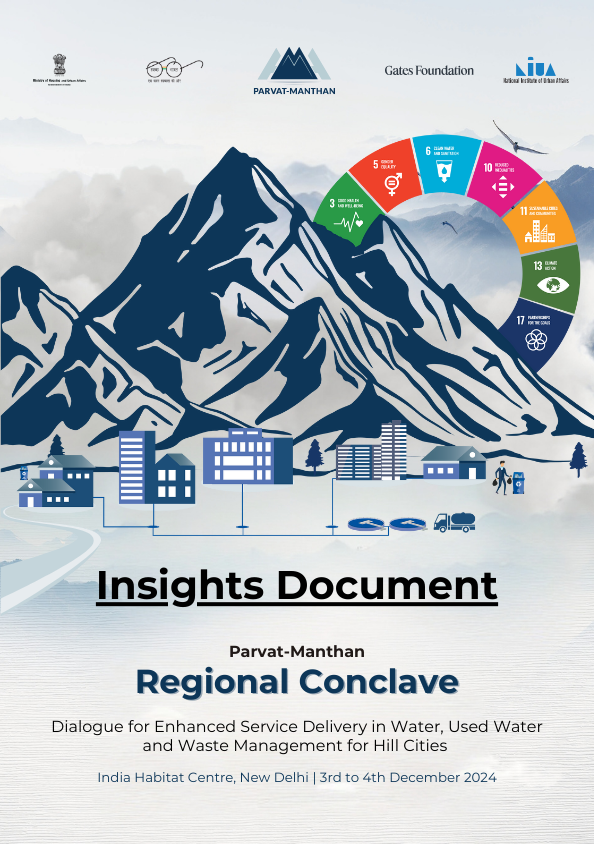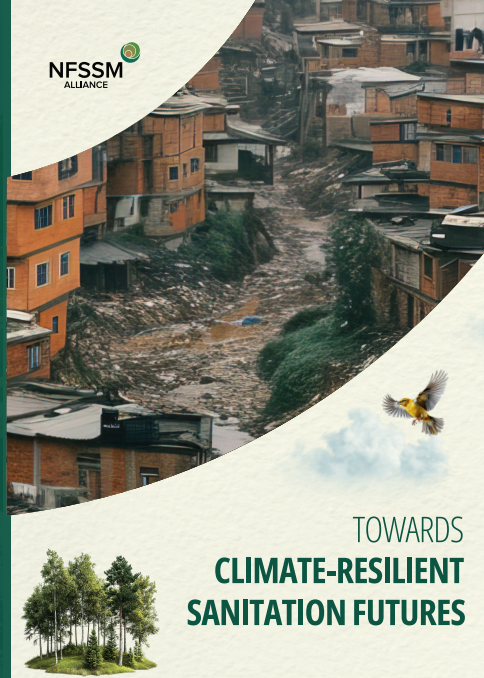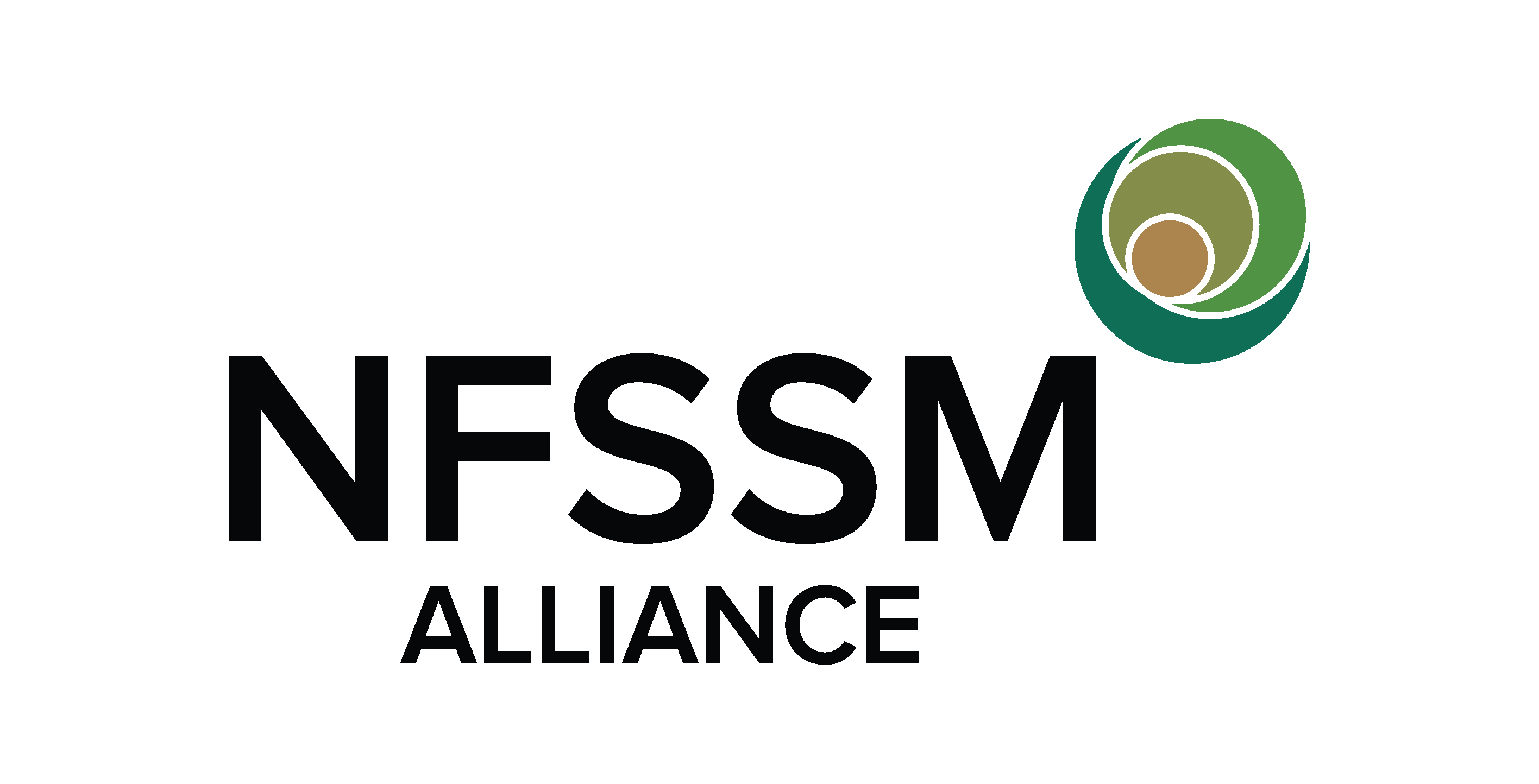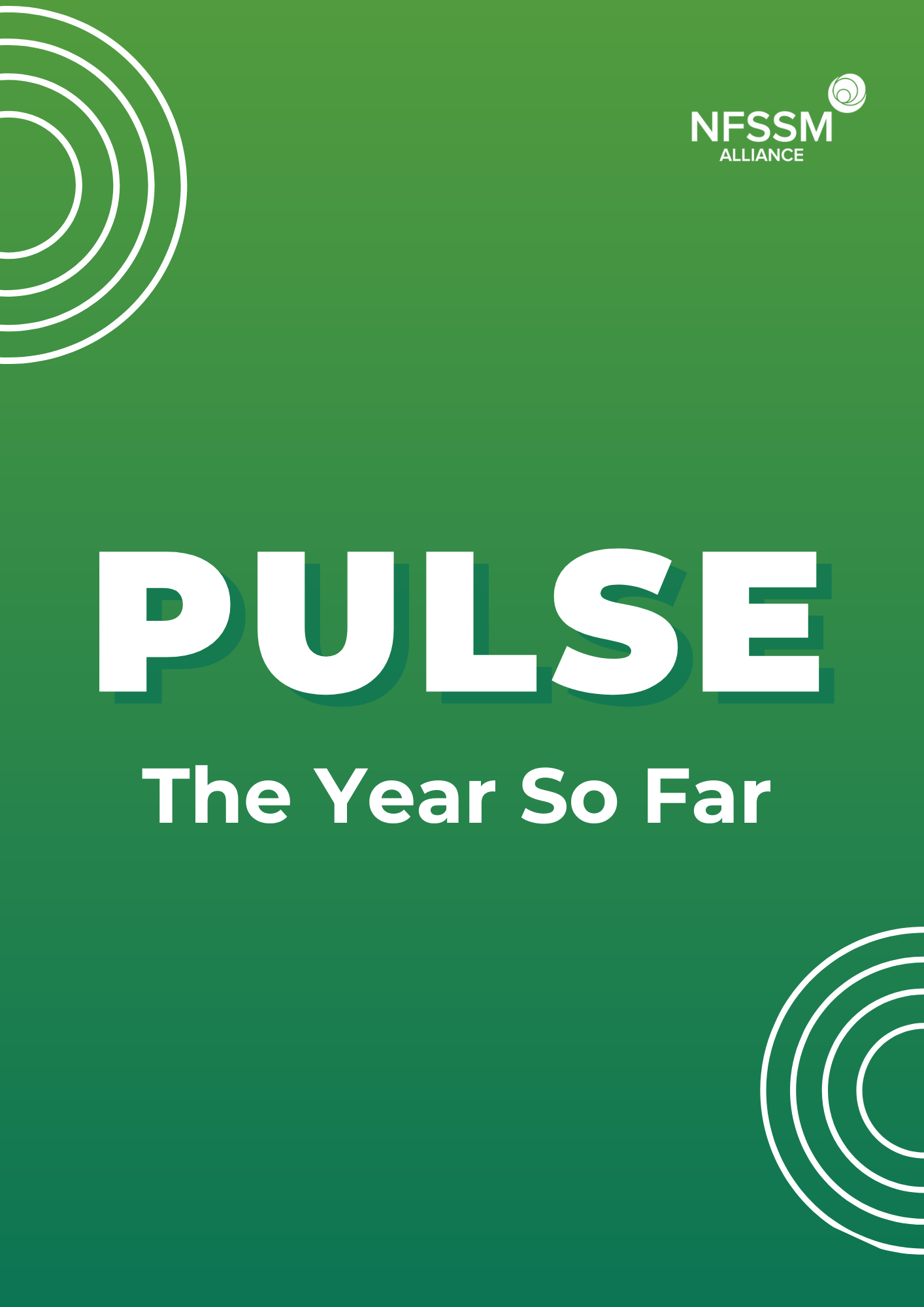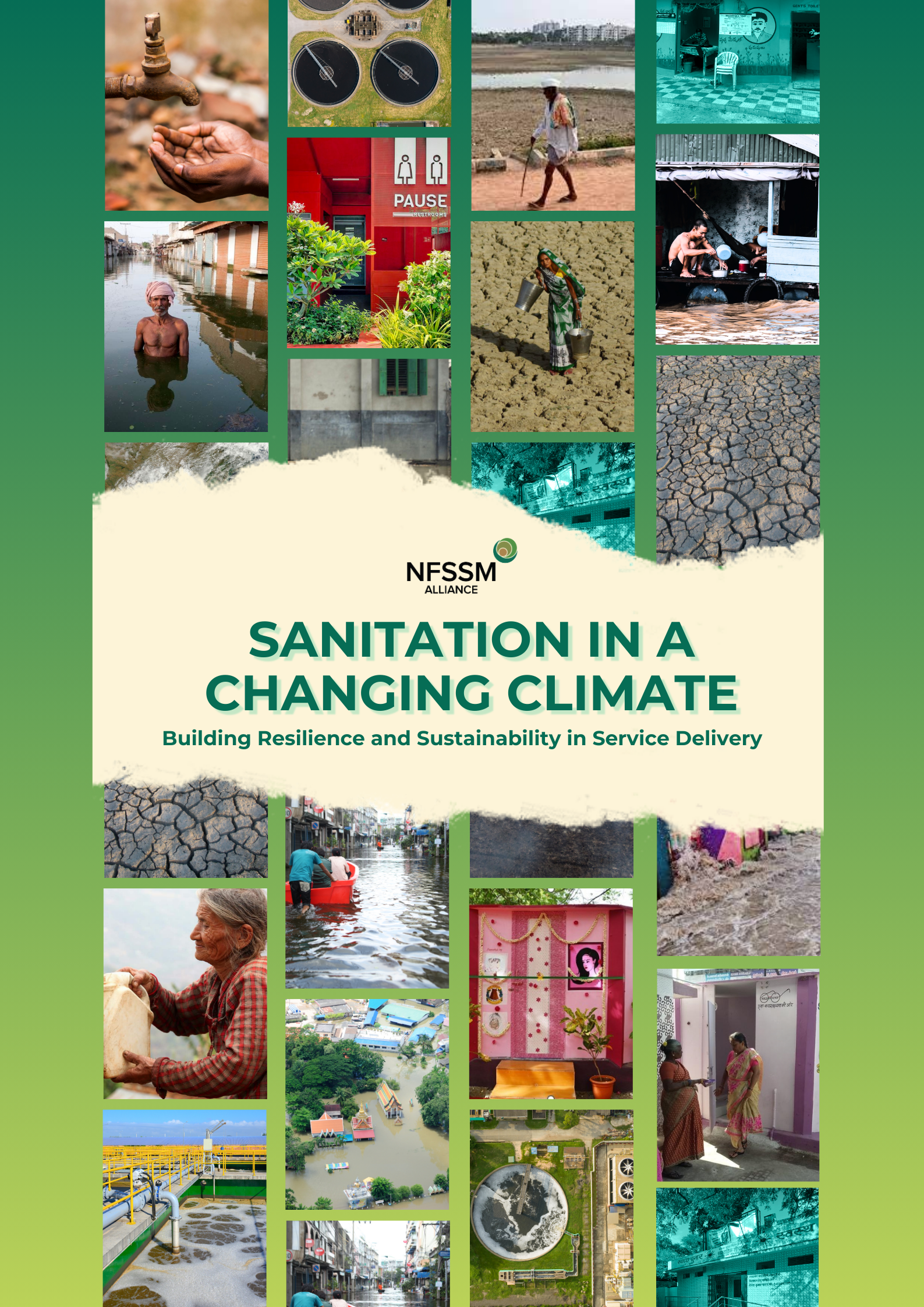Collaborative Action Towards Inclusive Sanitation
The NFSSM Alliance is dedicated to advancing inclusive and safe sanitation practices across India, by driving discourse, shaping policy, and supporting governments at all levels in enhancing human waste management. Formed in 2016, the Alliance initially worked towards driving national discourse on Faecal Sludge and Septage Management (FSSM). Today, the Alliance has become a key platform for collaboration, bringing together the expertise of over 35 diverse organisations, including NGOs, CSOs, academic institutions, and think tanks. Through this collective effort, the Alliance drives innovation in urban sanitation planning, infrastructure development, service delivery, and climate resilience, ensuring safe, inclusive, and equitable sanitation outcomes for all.
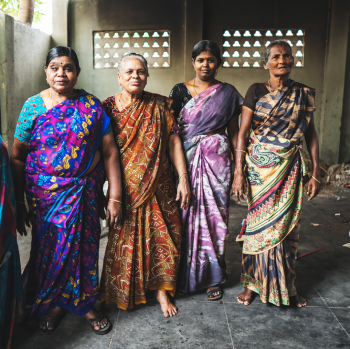

Why the Need for Inclusive Sanitation?
Improper sanitation disproportionately affects vulnerable communities including women, trans folx and other gender minorities, urban poor, historically secluded groups and persons with disabilities. About 23 million girls drop out of school every year in India due to improper sanitation management facilities in schools. The Alliance operates to ensure that inclusion and equity form the nexus of sanitation planning and execution at each level. This ensures that vulnerable communities are empowered to not only get access and benefit from safe sanitation, but also play central roles in the decision-making process and service delivery.
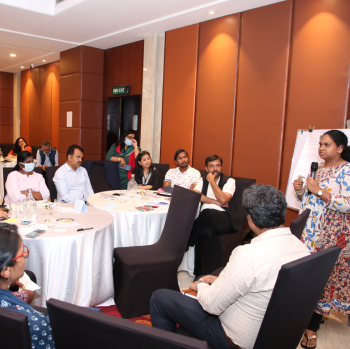

How the NFSSM Alliance Works Collaboratively?
The Alliance is a national working group focused on fostering collaborative action towards inclusive sanitation at the national, state, and city levels. We work with a network of partners in 14+ states to build consensus and encourage discourse on inclusive sanitation in India across priority areas.
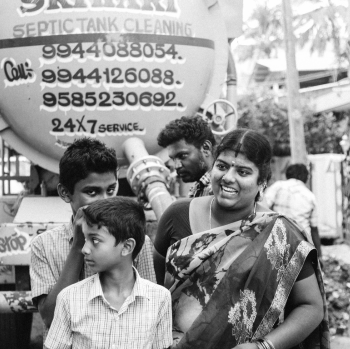

Why the Need for Collaborative Action?
Innovative solutions achieved through collaborative actions catered to local contexts are crucial to address the precise needs of inclusive sanitation in India. Urban India’s topographical diversity and spatial challenges along with increased disaster risks due to climate change pose multifaceted difficulties.














